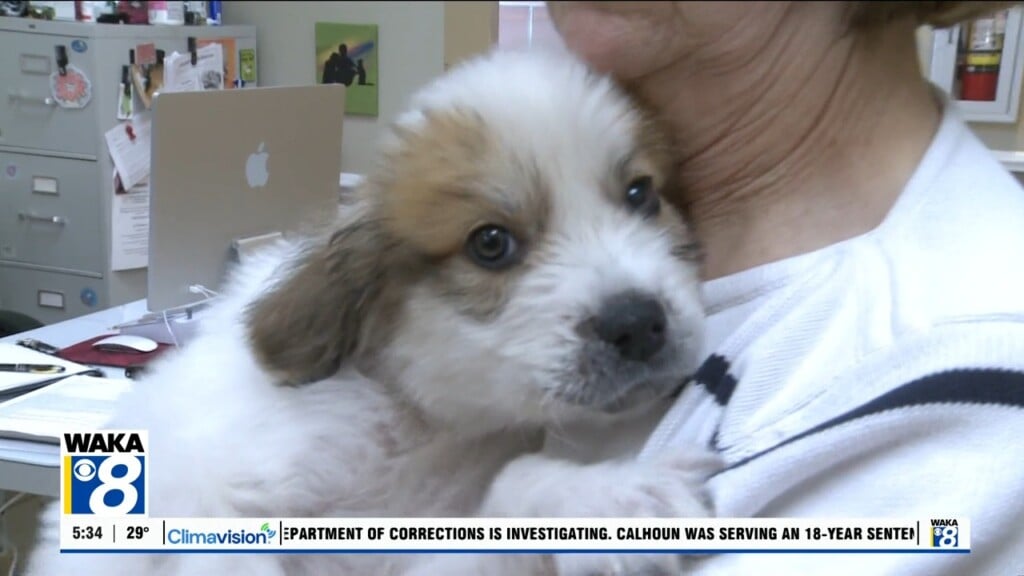Rabies vaccines to be distributed across 14 Alabama counties, some in our area
Oral rabies vaccines will be distributed by air and ground teams across 14 Alabama counties over the next three weeks.
The Alabama Department of Public Health says the U.S. Department of Agriculture, Wildlife Services program will distribute the vaccines, designed to reduce raccoon rabies and the public health risks associated with rabies exposure.
The 14 counties include three in our area: Autauga, Chilton and Coosa. Other counties are Blount, Calhoun, Cherokee, DeKalb, Etowah, Jackson, Jefferson, Marshall, St. Clair, Shelby and Talladega. The entire area is more than 5,000 square miles.
The vaccine is in a coated baited packet that will be dropped by low-flying airplanes and helicopters. Aircraft are often used to drop baits in more heavily wooded areas that are more difficult to access.
In the Birmingham metropolitan area and surrounding communities, teams will distribute more than 30,000 baits from ground vehicles within the bait zone through October 16. These baits are square blocks made of fishmeal and fish oil. The vaccine is contained inside a plastic packet in the hollow center of the block. The outer shell of the packet is coated with fishmeal or dog meal to attract raccoons. Raccoons are vaccinated by opening the packet with their teeth, which exposes their gums to the vaccine.
Each of these fishmeal baits is also imprinted with the toll-free phone number to report bait contacts.
When baits are distributed by aircraft, a navigator controls the bait machine and turns off the machine as necessary to avoid dropping baits on roadways, structures and large bodies of water. The baits to be aerially distributed are plastic packets of vaccine coated with an oily, fish-scented substance to attract raccoons and other rabies vector species. Each bait is marked with a toll-free number (1-877-722-6725) for people to call for assistance or information if they find or come in contact with a bait.
Animal exposures are common, but the bait poses no risk of rabies to humans or animals if exposed. Animal reactions may include some mild digestive upset, but reactions are rarely serious. Anyone who finds a bait is advised to leave it alone to allow wildlife to find it. However, if a bait is intact and out in the open, it can be tossed deeper into the woods or brush where a wild animal is more likely to find it.
If a packet is found:
· Handle it with gloves AND
· Place it in an area where a raccoon may find it OR
· Dispose of it in the trash
Occasionally, skin reactions occur in humans. It is best to avoid direct contact with the skin, eyes or mucous membranes with the vaccine. If exposure occurs accidentally, then it is recommended that the person wash hands with warm water and soap.
For more information about rabies exposures, animal or human exposures, call ADPH at (800) 338-8374.
CLICK HERE for more information.







